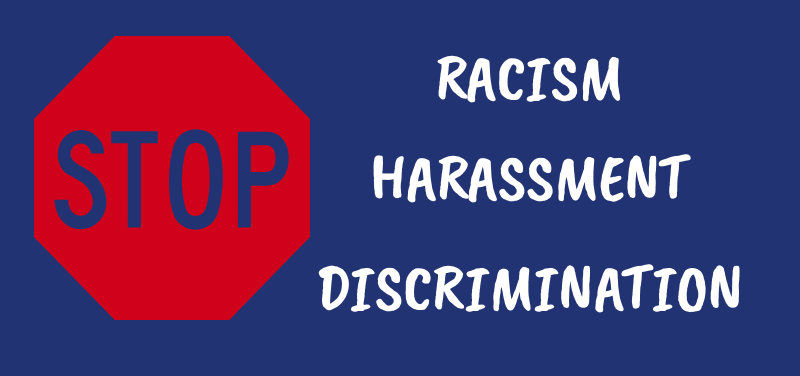Earlier this month, CAI sent a white paper to the U.S. Department of Housing and Urban Development (HUD) seeking guidance and clarification for community association board members related to the Sept. 2016 rule titled, “Quid Pro Quo and Hostile Environment Harassment and Liability for Discriminatory Housing Practices Under the Fair Housing Act.”
When it was released, HUD declared the rule’s intent was to “provide for uniform treatment of Fair Housing Act claims in judicial and administrative forums.”
HUD asserts the rule is necessary to educate housing providers on the extent of liability under the Fair Housing Act, writing, “There has been significant misunderstanding among public and private housing providers as to the circumstances under which they will be subject to liability under the Fair Housing Act for discriminatory housing practices undertaken by others. … ” Further, the Department states, “The rule does not create any new forms of liability. under the Fair Housing Act…”
When the rule was released, it referenced case law involving community associations, which concerned community association lawyers and volunteer board members regarding their responsibility as a third-party to cases of discrimination among residents. Because of this concern, CAI’s Federal Legislative Action Committee drafted a white paper raising critical concerns and requesting guidance and clarification.
In the white paper, CAI states that community association boards should liable for the direct actions of board members and managers that create a hostile housing environment. We explain, however, that a community association should not be liable when the harassing behavior is committed by a resident against another resident—where there is no agent relationship.
It’s the view of many community associations that the HUD rule imposes on association boards the burden to police conversations and interactions between homeowners. The liability for hostile housing environments should rest with harassing parties.
By reaffirming the long-standing legal standard to which associations have been held concerning hostile housing environments and providing reliable guidance, HUD will eliminate uncertainty, prevent associations from incurring unnecessary financial and legal burdens, and assist in the efficient enforcement of fair housing.
CAI’s white paper respectfully requests that:
- HUD reaffirm, through a revision of the rule, that a community association only be liable for a third party’s hostile actions when it is proven that there was an intent to discriminate by the association;
- HUD provide written, legal guidance for community associations to ensure compliance with the rule.
As CAI continues the conversation with HUD, we will keep CAI members apprised of additional guidance.
Read CAI’s white paper to HUD on community associations and third-party harassment.




Is there any documents that refer to what is considered harassment of a Board Member during Board meetings by a resident? The Board’s responsibility toward resident and/Board members?